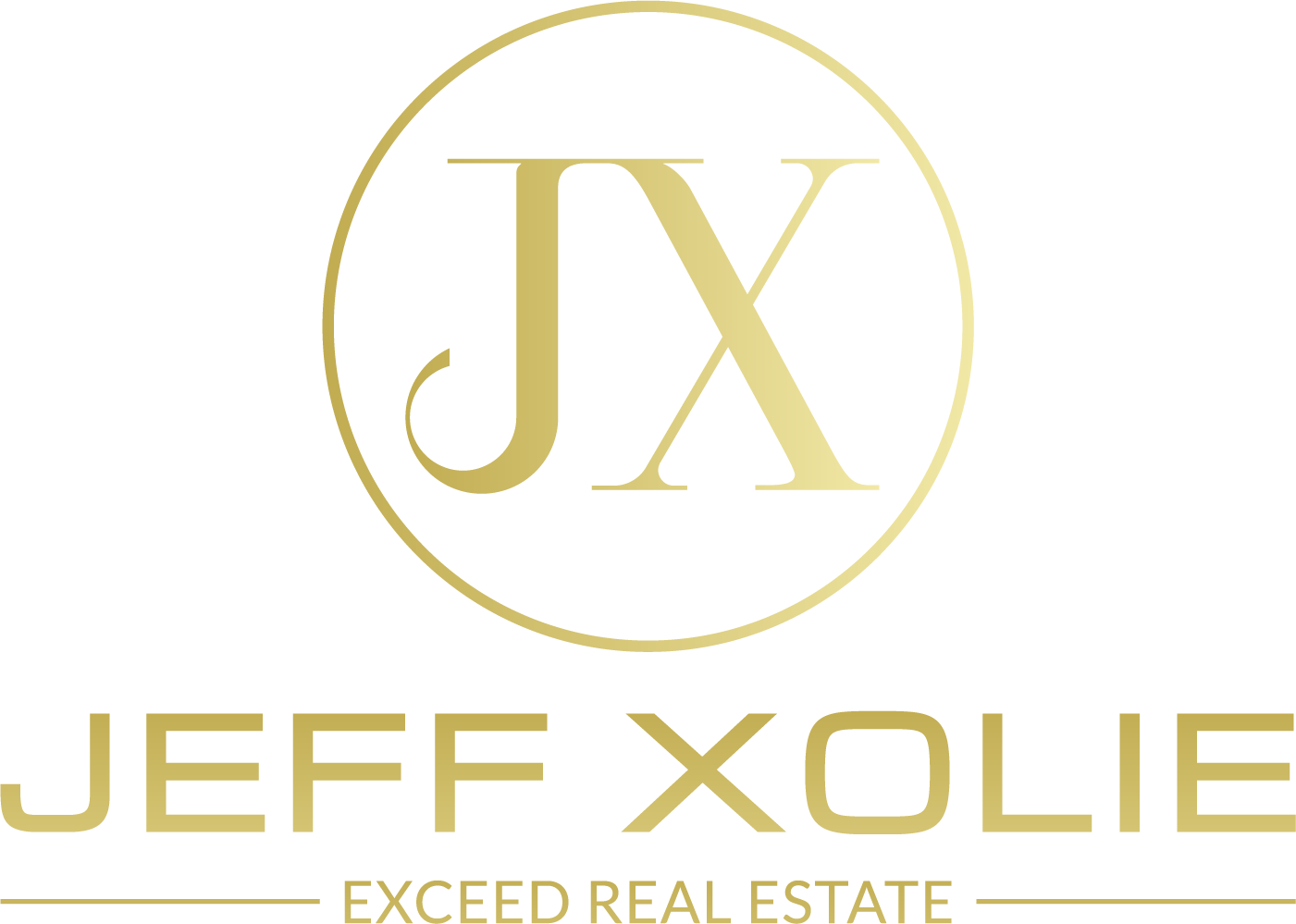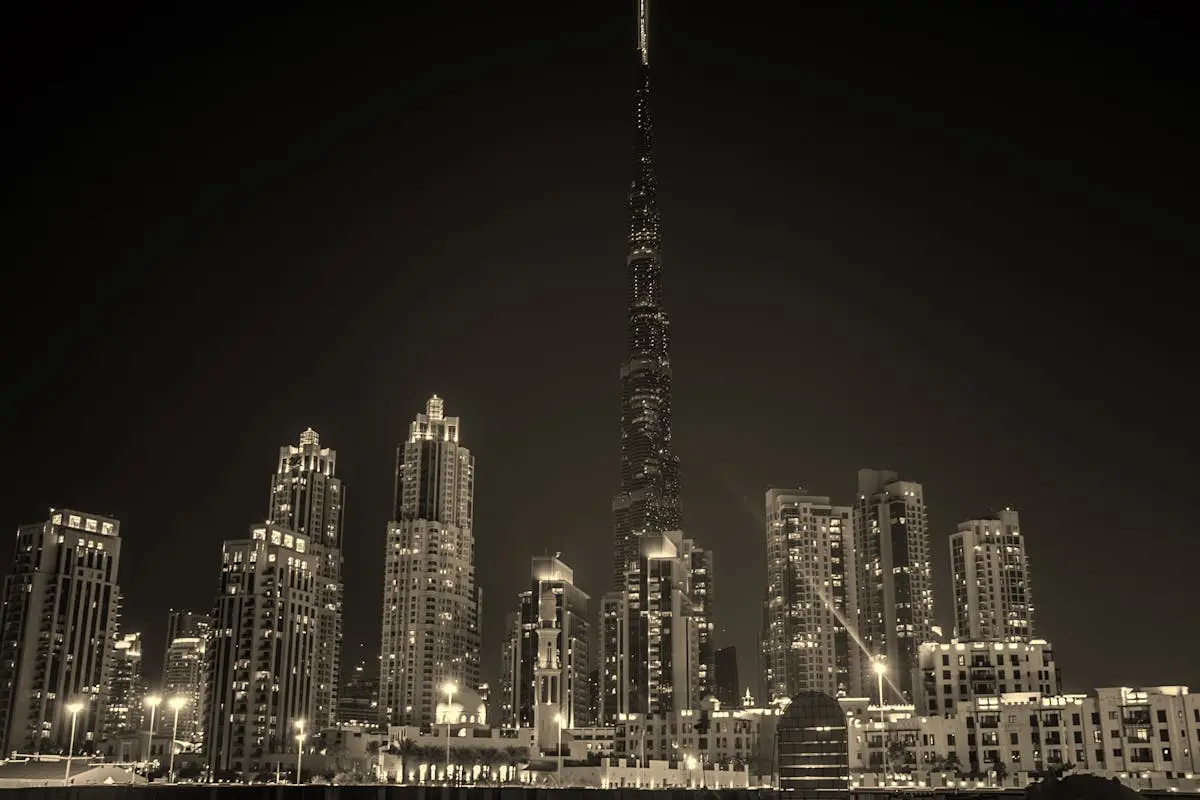The UAE property market is known for its rapid growth and development, attracting investors from around the globe. With its unique blend of luxury, innovation, and tradition, understanding this dynamic market is essential for potential buyers, sellers, and investors alike. In this blog, we will explore the key factors that influence the UAE property market and provide insights that could help navigate its complexities.
Overview of the UAE Property Market
The UAE property market has evolved significantly over the past two decades, transitioning from a nascent market to a global hotspot for real estate investment. This section will discuss the key characteristics that define the UAE property market today.
Historically, the UAE has been synonymous with opulence and architectural marvels. Cities like Dubai and Abu Dhabi are consistently ranked among the most desirable places to invest in real estate due to their strategic location and state-of-the-art infrastructure. As a result, the UAE property market has attracted a diverse array of investors, ranging from local buyers to international corporations, making it a melting pot of economic activity.
In recent years, market resilience has been notable, even amidst global economic fluctuations. Factors such as a growing population, visa reforms, and increased tourism continue to bolster demand for both residential and commercial properties. Importantly, this vibrant market reflects not just luxury living but also a balanced ecosystem of sustainable developments aimed at enhancing the quality of life.
Key Factors Influencing Property Prices
Understanding which factors drive property prices in the UAE is vital for investors. This section will delve into elements such as supply and demand, location, and government regulations that shape market dynamics.
At the core of the UAE property market dynamics lies the principle of supply and demand. As the population increases, particularly in urban centers, the demand for housing rises sharply, leading to competitive pricing. Conversely, economic downturns or oversupply might cause fluctuations in prices, making it critical for potential investors to assess market conditions carefully.
Location in the UAE is another dominant influence on property values. Properties near key amenities like shopping malls, schools, and transportation hubs tend to command higher prices. Areas such as Palm Jumeirah or Downtown Dubai exemplify prime real estate, yet emerging neighborhoods are increasingly becoming attractive options for buyers seeking value without compromising quality.
Furthermore, government regulations also play a crucial role. Recent shifts in policies, including the introduction of longer-term visas and favorable mortgage terms for expatriates, have encouraged both local and foreign investments. This dynamic regulatory landscape requires continuous monitoring as changes can directly impact property prices and overall market sentiment.
The Role of Foreign Investment
Foreign investment plays a pivotal role in the UAE property market. We will explore how overseas buyers contribute to market trends and how government initiatives attract international players.
The influx of international buyers has greatly enriched the UAE property landscape. Countries like India, Pakistan, and the UK have historically been significant contributors, stimulating demand for varied types of properties—from ultramodern villas to chic city apartments. The appeal lies not just in the lifestyle but also in the promise of high returns on investments. This is particularly evident in luxury segments where buyers seek second homes that offer both comfort and an investment opportunity.
Government initiatives aimed at foreign investors have made the UAE an attractive proposition. Programs allowing 100% foreign ownership in freehold areas and granting residency visas for property buyers have further intensified this interest. Consequently, foreign investments account for a considerable portion of overall market transactions, showcasing the UAE’s global significance within the real estate sector.
The impact of foreign investment extends beyond mere numbers. It brings cultural diversity and innovation to the property market, fostering competition which ultimately benefits consumers. Real estate developers are now more open to customizing properties to cater to international tastes, leading to a rich variety of developments that reflect global design trends.
Regulatory Framework and Its Impact
The UAE boasts a robust regulatory framework that governs property transactions. In this section, we will discuss significant laws, property ownership regulations, and recent changes that impact buyers and investors.
The legal landscape of the UAE property market is characterized by transparency and stability. Recent reforms aimed at improving the ease of doing business have instilled confidence among investors. For example, the introduction of a central registry system for property transactions ensures greater accountability and secures both buyers and sellers. This regulatory oversight minimizes disputes and enhances the overall allure of investing in the UAE.
Navigating ownership laws is essential, particularly for foreign investors. In freehold areas, expatriates can fully own property, a significant attraction for those looking to establish roots in the UAE. On the other hand, leasehold agreements remain common in many areas, which necessitates a comprehensive understanding of terms and local laws to mitigate risks.
Furthermore, as the landscape becomes increasingly digital, regulations around online property transactions are evolving. The rise of PropTech solutions highlights the need for updated laws to protect consumers while promoting innovation. For anyone engaged in the UAE property market, keeping abreast of these developments is imperative for safeguarding investments and fostering positive experiences.
Current Trends and Future Projections
Analyzing current market trends and future projections is crucial for making informed decisions. This segment will focus on emerging trends, investment hotspots, and expert forecasts for the years to come.
In recent years, sustainability has become a critical theme within the UAE property market. Developers are increasingly prioritizing eco-friendly designs and energy-efficient buildings, aligning with both governmental goals and growing consumer awareness around climate change. This presents a unique opportunity for investors who are keen on the potential of green real estate as a viable investment.
Shifts towards more flexible living arrangements are also shaping the market. The pandemic has prompted many to reevaluate their living environments, leading to increased interest in larger properties that can double as home offices. Areas like Dubai Marina have seen a surge in demand for family-friendly units with ample space and amenities.
Looking ahead, experts project a stable recovery post-pandemic, buoyed by investor sentiment and continued economic diversification. Key developments such as Expo 2020 Dubai have further positioned the UAE as a business hub, fueling demand across both commercial and residential sectors. Investors are advised to keep a keen eye on these trends to maximize their potential returns.
Challenges in the UAE Property Market
Despite its allure, the UAE property market faces several challenges. We will tackle issues such as market saturation, economic fluctuations, and regulatory hurdles that can hinder investment opportunities.
Market saturation is increasingly becoming a pressing issue, particularly in areas that once flourished. Overbuilding in some sectors has resulted in a surplus of properties which, while beneficial for consumers seeking lower prices, poses a risk for investors hoping to see sustained capital appreciation. Identifying the right locations for investment remains essential.
Economic fluctuations can also pose a significant challenge. While the UAE has demonstrated resilience, variables such as global oil prices and geopolitical uncertainties can impact growth trajectories and investment sentiment. Thus, investors must remain informed and adaptable amid these changes.
Additionally, navigating regulatory hurdles can be daunting for newcomers. Understanding the intricacies of property laws is vital for success. Even experienced investors might encounter unexpected challenges due to evolving regulations aimed at boosting market integrity. Therefore, collaboration with legal experts and local advisors cannot be overstated.
Final Thoughts on the UAE Property Market
In summary, the UAE property market presents both opportunities and challenges. By understanding the underlying dynamics, including market trends, regulatory frameworks, and economic influences, stakeholders can make informed decisions. As the market continues to evolve, staying updated on these elements will be crucial for success in this thriving landscape.

